Canceled sailings already hitting cargo at ports of LA, Long Beach
Canceled sailings already hitting cargo at ports of LA, Long Beach
Back-to-school and the fall/winter holidays may seem like a long time away.
But in the cargo and shipping world, they’re all fast approaching — though tariffs are causing uncertainty.
“Peak season starts in July,” Port of Long Beach CEO Mario Cordero said Friday, May 2, referring to the time when shippers begin sending over fall goods for stores. This is the time, he said, when they begin looking to order those goods.
“But they’re not doing it,” Cordero said, “and the more we delay, the increased chance there will be that we won’t have those precuts on the store shelves.”
Both the ports of L.A. and Long Beach are anticipating a drop in incoming cargo — including a sharp rise in blank or canceled sailings, and partially loaded ships — in the weeks to come as importers wait out more news on the back-and-forth tariff discussions, primarily between the U.S. and its primary trade partner, China.
“If you’re a shipper, you don’t know what the future is,” Cordero said, noting that the Port of Long Beach ranked as the nation’s busiest port in the first three months of 2025, topping even its larger neighbor, the Port of L.A.
Looking ahead, cargo is expected to drop significantly at both seaports as shippers hold back.
“It’s a lack of clarity,” Cordero said in a telephone interview, “and what I’ve called a ‘radical’ uncertainty. If you’re a shipper and have products in China when there’s a 145% tariff, you’re going to want to wait if you believe this is going to be mitigated in the months to come.”
The Marine Exchange of Southern California is already seeing a dip in container ship arrivals in San Pedro Bay, where ships enter for both ports, and the slowdown is expected to continue for the next one- to two weeks, according to a Thursday, May 1, report from the facility that tracks ship traffic.
“Dip in container ship arrivals started,” the report states. “For example, only 14 arrived past three days, and only 10 are scheduled to arrive next three days, whereas 17 in three days would be ‘normal.’”
An added note said available labor is “ample,” a point that highlights the downturn in longshore work that has come with the tariff-related disruptions.
Further out, the report says, indications are that “about approximately 30 container ship ‘blank sailings’” will skip L.A. or Long Beach from Tuesday, May 6, to June 20.
In the “very short term,” the Marine Exchange said in its report, “only 10 container ships are scheduled to arrive in the next three days, a big seven fewer than would be ‘normal’ for a three-day period pre-COVID 2018-19.”
In a Friday interview with Bloomberg, Port of Los Angeles Executive Director Gene Seroka said the drop-off in canceled orders is going to be “huge.”
“In fact,” he told Bloomberg opinion columnist Thomas Black, “arrivals next week at the Port of Los Angeles will be down (more than) 35%.”
He cited major retailers, home-improvement stores and manufacturers saying imports have all but stopped because the prices of products made in China have skyrocketed.
While there was a significant surge of front-loading during March, tariffs with China now sit at 145% and retaliatory tariffs at 125%, Seroka said.
Seroka also recently said that cargo at the Port of L.A. will “drop by about one-third next week. That means fewer jobs along with rising prices for consumers and businesses.”
“Counter tariffs,” he added, “are having a severe impact on American agricultural importers. We need agreements quickly with our trading partners that benefit and support the U.S. economy and supply chain.”
Cordero, however, did see some positive news.
“The good news we’re starting to see is some conciliatory comments from the administration,” Cordero said, “and, in the last 24 hours, from China.”
Comments 0
Most Read
Recommended Post
Gogolook launches news wall feature to Whoscall App




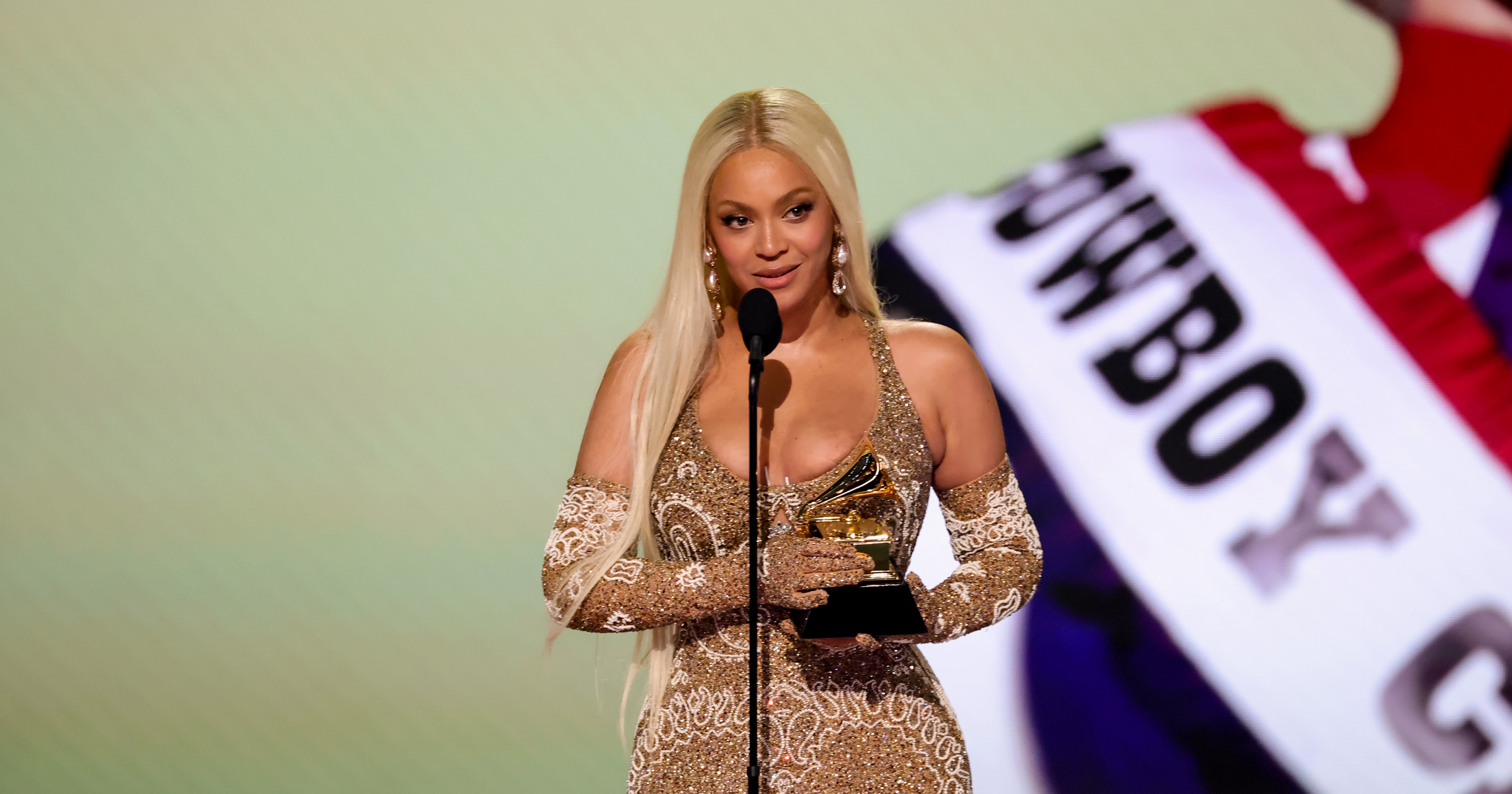
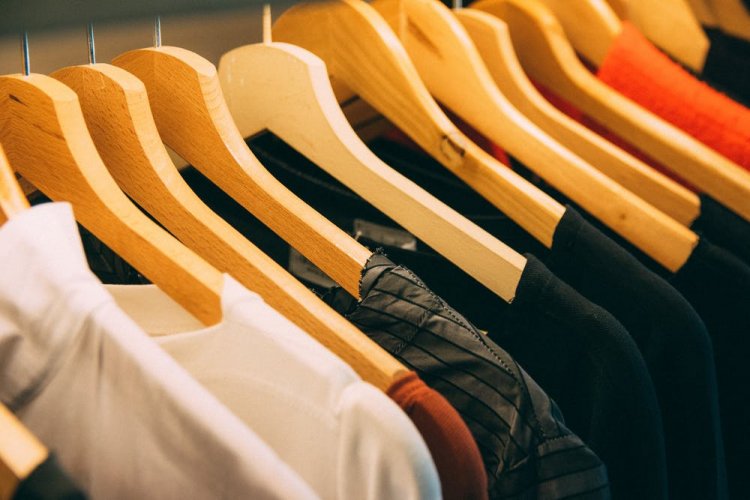


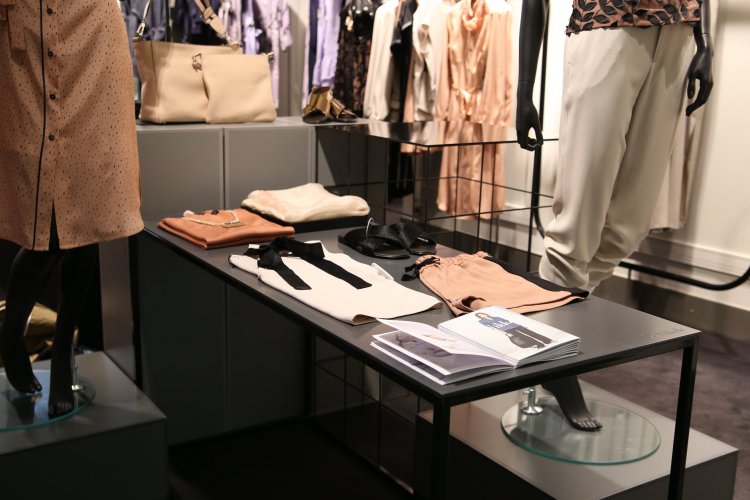




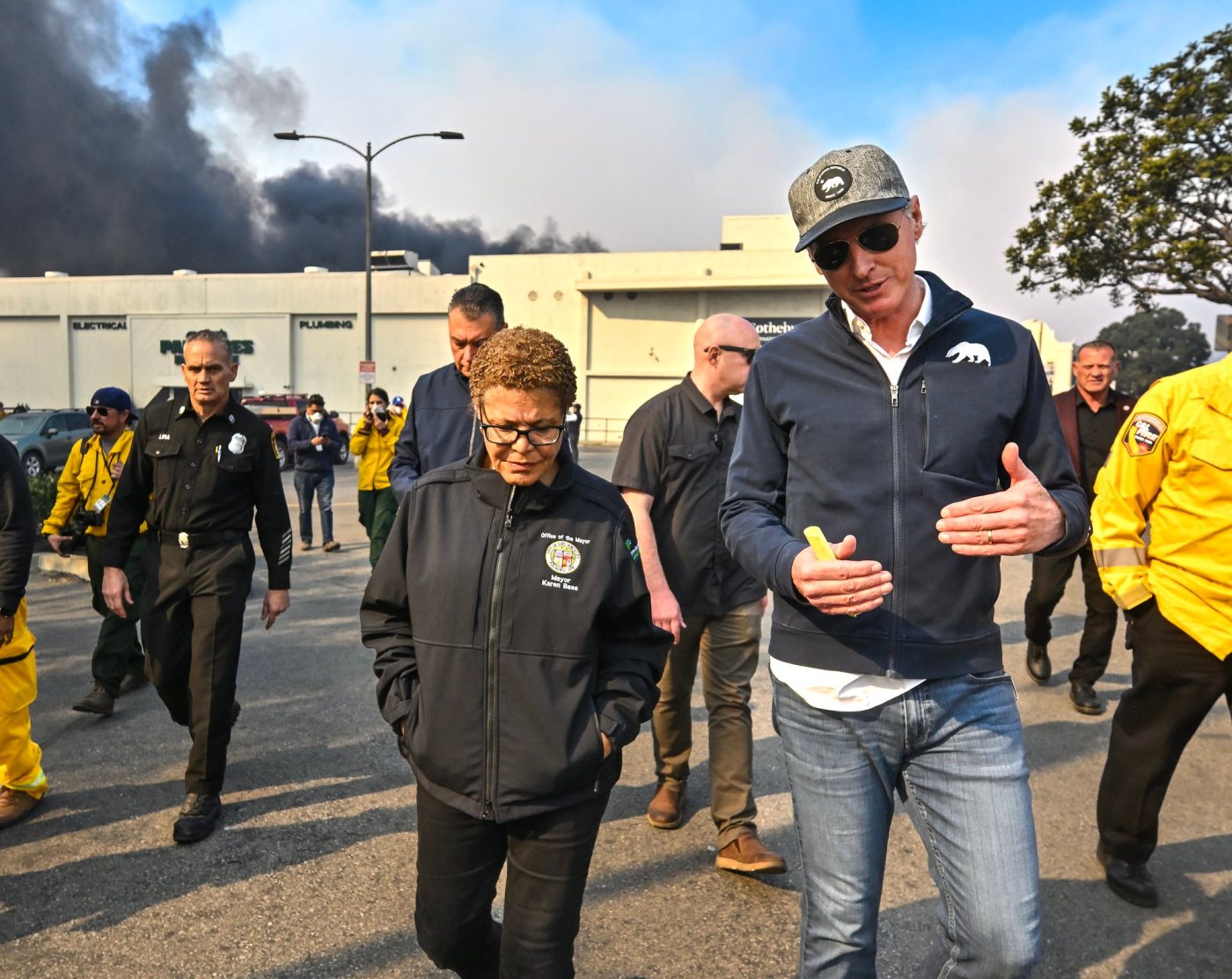
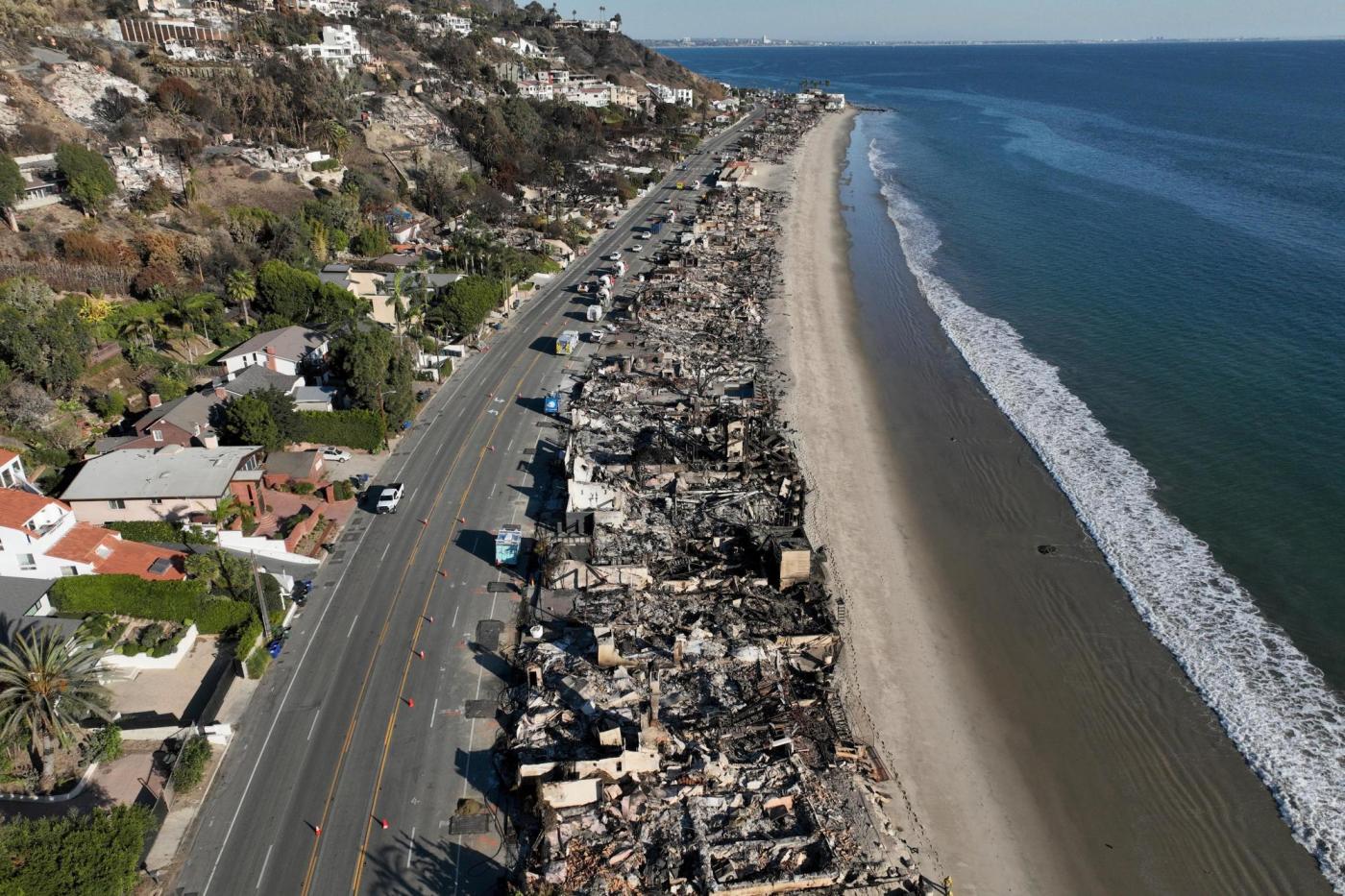

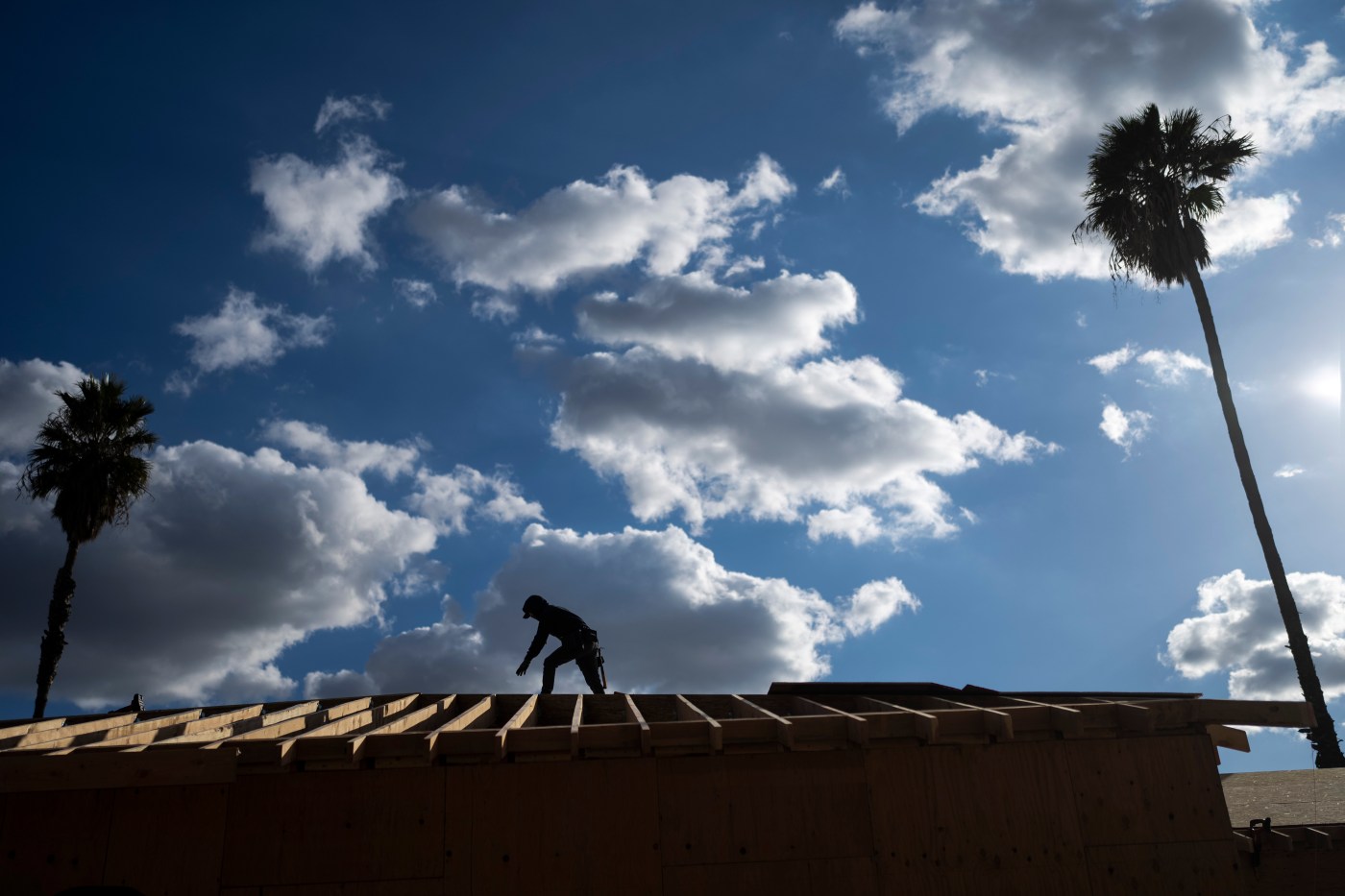
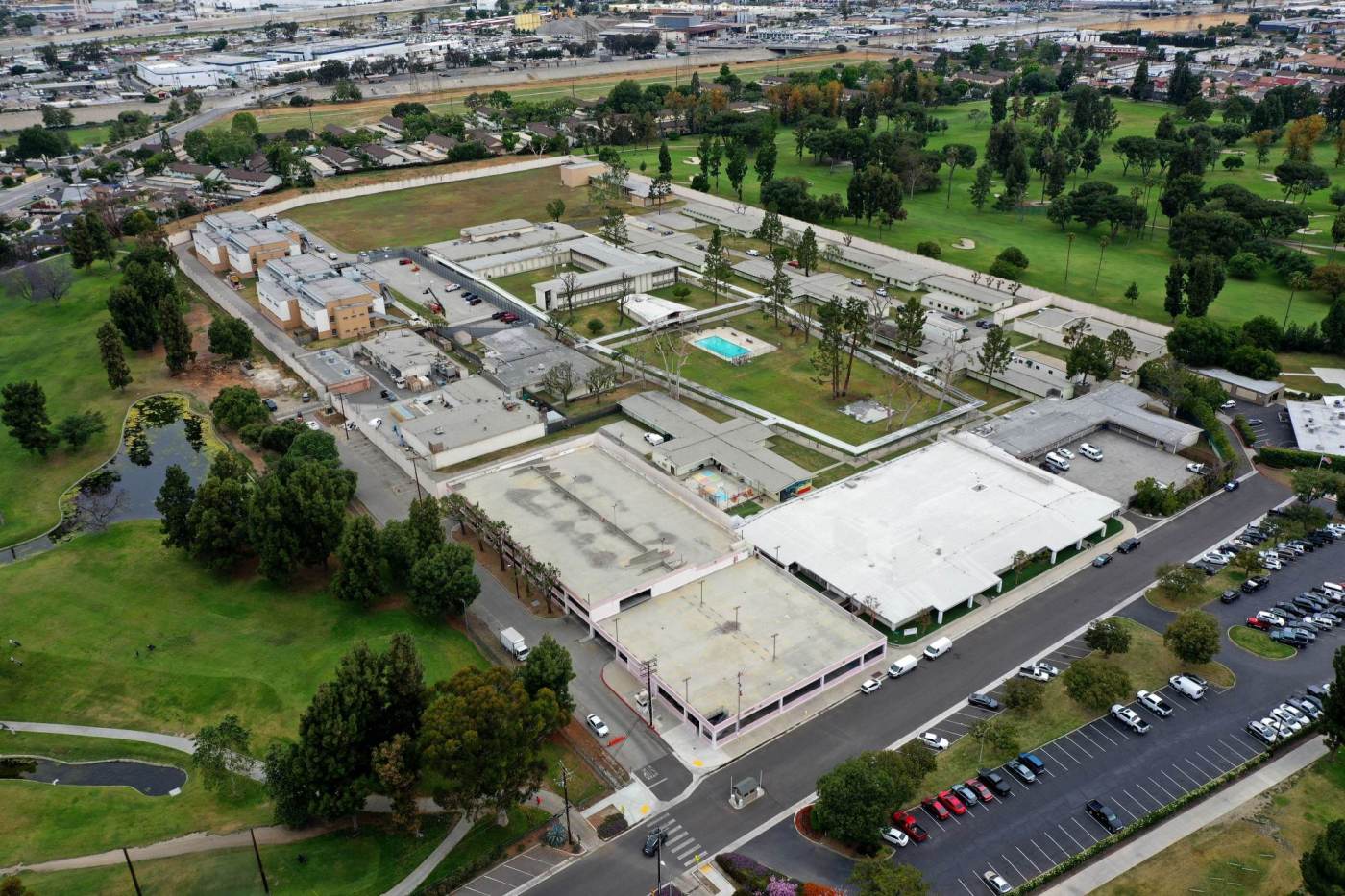



Leave a Comment